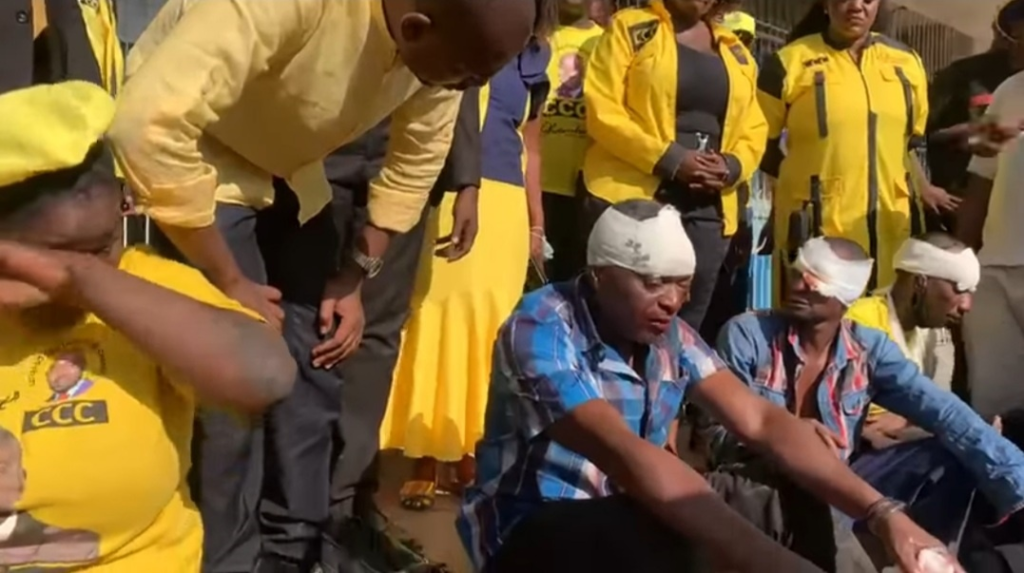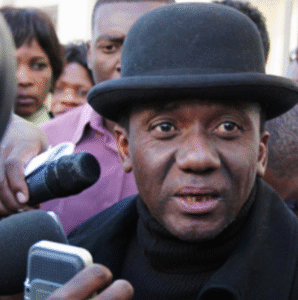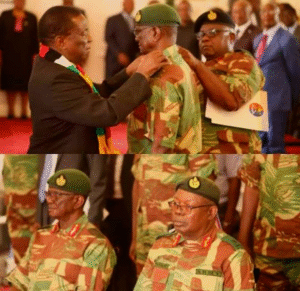ZIMBABWE’S HUMAN RIGHTS RECORD PLUNGES: A YEAR OF ELECTORAL DISPUTE AND SUPPRESSION OF FREEDOM

In 2023, Zimbabwe experienced a notable decline in human rights, according to Human Rights Watch (HRW). The year was marked by a deterioration in electoral integrity, civil liberties, gender equality, and land rights. Furthermore, there was a noticeable increase in the silencing of dissenting voices, highlighting a worrying trend in the country’s governance and respect for democratic principles.
The period following the August general polls was particularly tumultuous. The main opposition party, Citizens’ Coalition for Change (CCC), faced controversial recalls of its elected MPs by a self-proclaimed secretary-general, Sengezo Tshabangu. This action kept the country in a state of political uncertainty and unrest.
International observer missions, including the European Union Observer Mission and the Southern Africa Electoral Observer Mission (SEOM), criticized the elections for failing to meet Zimbabwe’s constitutional standards, the Electoral Act, and the Southern African Development Community (Sadc) Principles and Guidelines Governing Democratic Elections. Their concerns were echoed by HRW’s 2024 world report, which cited a climate of threats, intimidation, repression, and violence against political opponents, severely undermining the electoral environment.
The impartiality of the Zimbabwe Electoral Commission was questioned, and the government’s failure to investigate and prosecute abuses, primarily committed by supporters of the ruling Zanu PF party and state security forces, entrenched a culture of impunity, especially ahead of the elections.
The situation escalated on election night when government security forces raided the offices of the Election Resource Centre (ERC) and the Zimbabwe Election Support Network (Zesn), arresting nearly 40 staff and volunteers. This raid prevented an independent verification of the official results, further casting doubt on the integrity of the electoral process.
Despite these challenges, President Mnangagwa’s inauguration was attended by a few regional leaders, indicating a tepid regional response to the election’s outcome. The government continued to clamp down on civil society, revoking the registration of 291 non-governmental and civil society organizations for alleged non-compliance with the Private Voluntary Organisations Act.
The enactment of repressive laws, such as the amendment to the Private Voluntary Organisations (PVO) Act and the Criminal Law Codification and Reform Amendment Bill of 2022, known as the “Patriotic Bill,” posed grave threats to freedoms of association and expression. These laws were criticized for their vagueness and potential for abuse, undermining the legitimate conduct of those asserting their freedom of expression.
Arbitrary arrests and the weaponization of the law against government critics continued unabated. Opposition politicians, including Job Sikhala, spent extended periods in pre-trial detention, while others faced charges that seemed aimed at stifling dissent rather than upholding justice.
The abduction, torture, and sexual assault of opposition MP Joana Mamombe and activists Netsai Marova and Cecillia Chimbiri, followed by charges for staging their kidnapping, further exemplify the government’s heavy-handed approach to opposition and criticism.
In conclusion, Zimbabwe’s human rights record in 2023 paints a bleak picture of a country grappling with political instability, suppression of dissent, and an erosion of democratic freedoms. The international community’s response, coupled with internal advocacy for justice and reform, remains crucial in addressing these pressing issues. As Zimbabwe moves forward, the need for accountability, transparency, and respect for human rights becomes ever more critical in the quest for sustainable peace and democracy.




